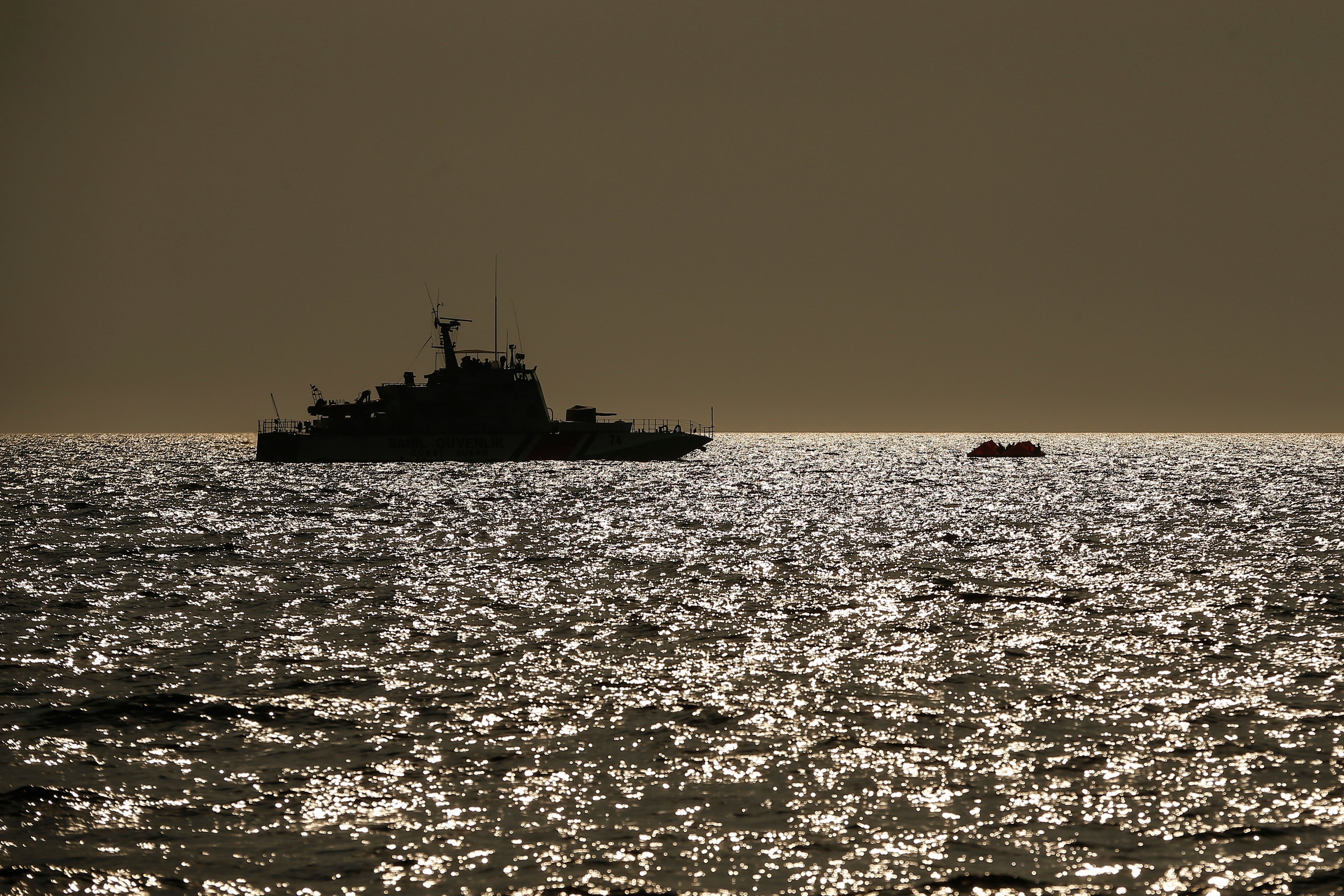Europe rights body worried by claims Greece ejects migrants
Europe’s top human rights body has expressed “deep concern” at persistent allegations that Greek authorities have on several occasions illegally forced back migrants trying to clandestinely enter from neighboring Turkey

Your support helps us to tell the story
From reproductive rights to climate change to Big Tech, The Independent is on the ground when the story is developing. Whether it's investigating the financials of Elon Musk's pro-Trump PAC or producing our latest documentary, 'The A Word', which shines a light on the American women fighting for reproductive rights, we know how important it is to parse out the facts from the messaging.
At such a critical moment in US history, we need reporters on the ground. Your donation allows us to keep sending journalists to speak to both sides of the story.
The Independent is trusted by Americans across the entire political spectrum. And unlike many other quality news outlets, we choose not to lock Americans out of our reporting and analysis with paywalls. We believe quality journalism should be available to everyone, paid for by those who can afford it.
Your support makes all the difference.Europe s top human rights body has expressed “deep concern” at persistent allegations that Greek authorities have on several occasions illegally forced back migrants trying to clandestinely enter from neighboring Turkey
In a letter to government officials in Athens Council of Europe Commissioner for Human Rights Dunja Mijatović also voiced dismay that Greece's reaction has been so far to “simply dismiss (the) allegations" despite "the overwhelming body of evidence that has been presented in recent years.”
In the letter made public Wednesday, Mijatović urged the Greek government “to put an end to these practices and to ensure that independent and effective investigations are carried out.”
Citing testimony from migrants in Turkey, human rights groups have repeatedly accused Greece of engaging in so-called pushbacks — a term that covers the prevention of people from entering the country to seek asylum, as well as the clandestine return to Turkey of people who have made it into Greece.
Greece has denied it carries out summary deportations and officials Wednesday didn't publicly comment on the letter.
But a senior European Union official said the bloc is looking into ways to urgently address the allegations.
“This is an area of great concern. And I can assure you that this is something that I discussed intensively with the Greek government and the Greek authorities,” EU Home Affairs Commissioner Ylva Johansson said Wednesday by video link at a conference organized in Athens.
“We would like to put in place an independent monitoring mechanism to make sure that there is an independent monitoring of these aspects.”
An independent investigation in Greece found last month that authorities have failed to adequately respond to pushback allegations.
In her letter dated May 3, Mijatović also said there had been an increase in “reported instances in which migrants who have reached the Eastern Aegean islands from Turkey by boat, and have sometimes even been registered as asylum-seekers, have been embarked on life-rafts by Greek officers and pushed back to Turkish waters.”
Greece came to the forefront of Europe's immigration crisis in 2015, when more than a million refugees and migrants entered — mostly on smugglers' boats from Turkey — on their way to more prosperous Western European countries.
Flows have since dropped drastically, particularly following the pandemic. But last year tensions with neighboring Turkey rose after Turkish authorities flung open the land border to thousands of migrants who headed towards Greece. Athens closed down the northeastern land border with Turkey and tightened patrols at sea, with the help of the European Union's Frontex border agency — which has also been criticized over alleged pushbacks.
Under a 2016 agreement with the EU, Turkey undertook to stop migrants leaving its shores for the Greek islands in return for EU funding. The Council of Europe is not an EU institution.
Mijatović also urged Greece to improve living conditions at reception centers for asylum-seekers on the eastern Aegean Sea islands, which see most of the arrivals from Turkey.
___
Follow AP’s global migration coverage at https://apnews.com/hub/migration